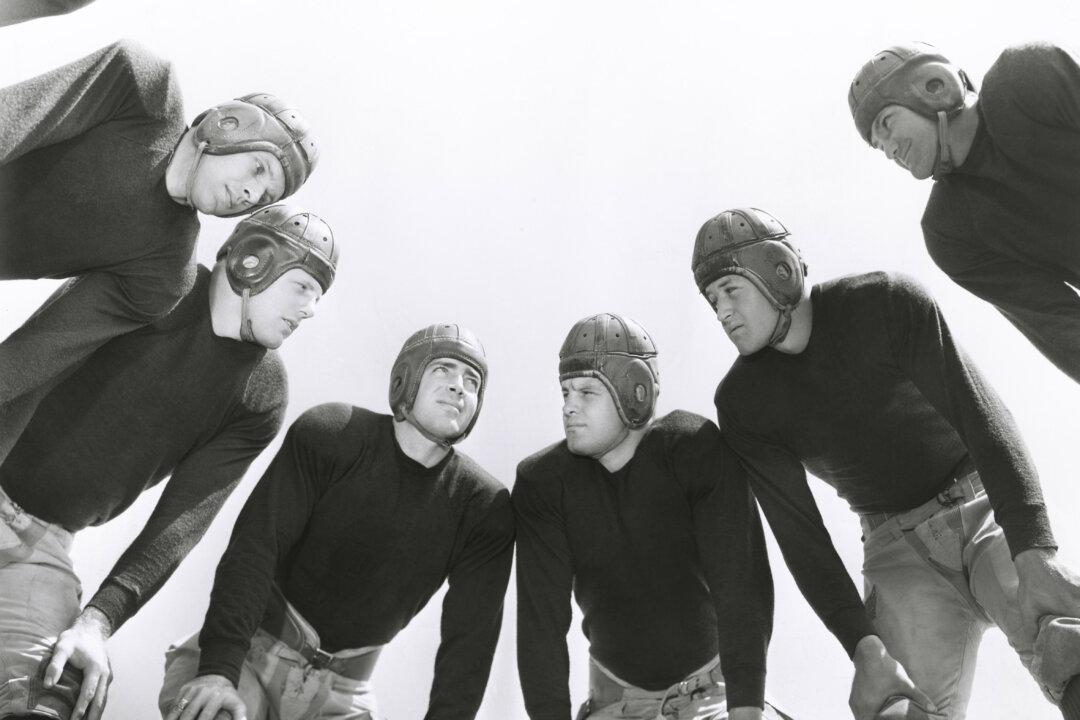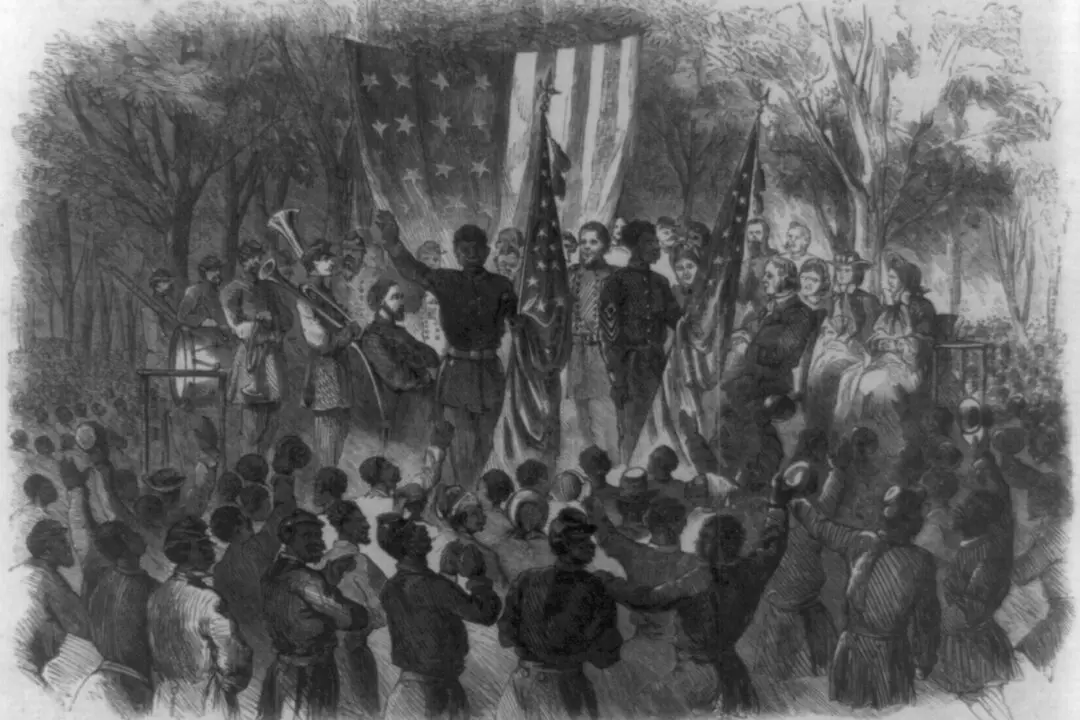Although his true passion was to become a minister, Amos Alonzo Stagg (1862–1965) found that he could better spread his Christian message to young men through coaching sports. Stagg would become one of the most successful college football coaches in history, and he is known for being the inventor of several football traditions and plays that are still used today.
Stagg was born in West Orange, New Jersey, in 1862 to a poor family where he acquired a good work ethic early in life. When he was young, Stagg kept busy by taking on odd jobs like cutting firewood. He still made time to play an 1800s-era game (played with balls from blown-up pig bladders) that was similar to present-day soccer.






